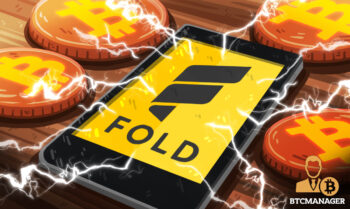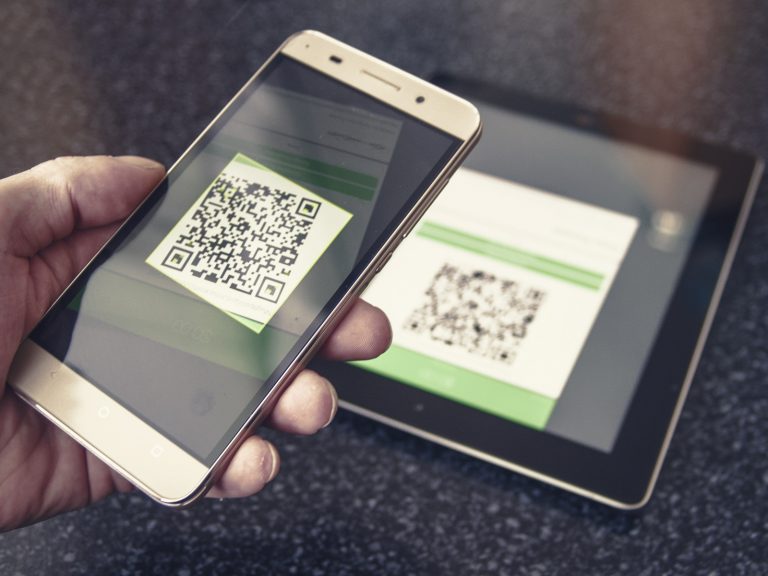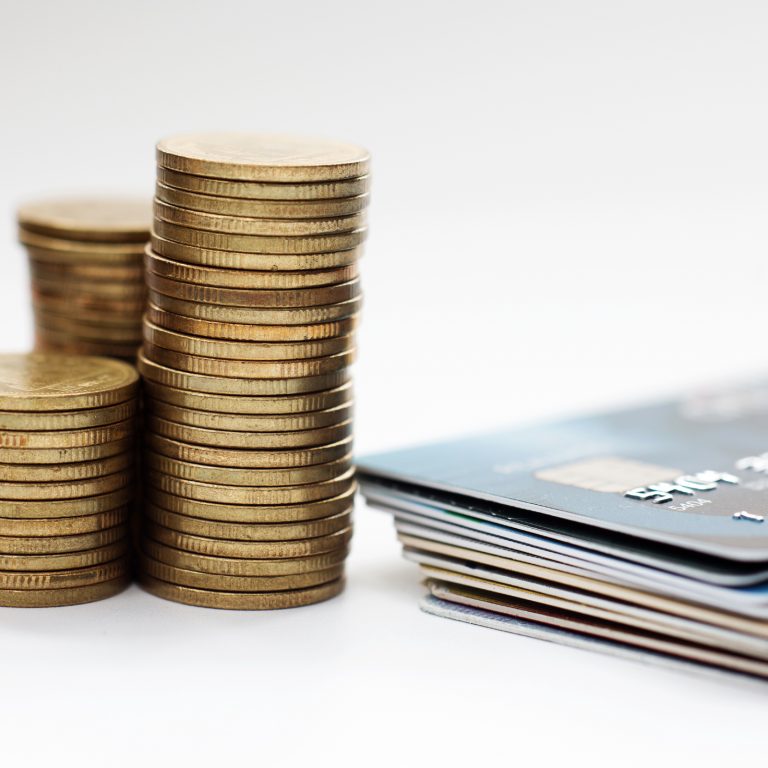2019-8-30 21:00 |
Good, Cheap, Fast
In the retail and service industries, customers face inherent trade-offs: good, cheap, fast. It is commonly thought that a company, product or service can achieve two of the three, but it is nearly impossible to find an offering that incorporates all.
McDonald’s is fast and cheap, but far from a Michelin star dining experience. BMW delivers the Ultimate Driving Experience, but you’ll have to pay for it. You can fly to Denver rather inexpensively on Spirit, but the experience will never live up to Singapore Airlines. Healthcare poses myriad examples: access to care, disease treatments or even receiving diagnoses.
However, with the advent of digital business models, we have seen an increasing number of companies achieving the trifecta of all three elements across industries such as insurance (Lemon), entertainment (Netflix), communications (Skype) and healthcare (Teladoc). Amazon is a particularly relatable example. The lack of a costly physical retail footprint, state-of-the-art logistics, and an ever-increasing inventory has allowed Amazon to achieve high standards of good, cheap and fast.
That said, in urban areas it is still faster to cross the street to Walgreens and purchase items“on demand.” Perhaps that is why Amazon sees value in building some form of physical footprint–retail stores with frictionless, fast checkout.
The Payments ParallelIn cross-border payments, particularly for individual payments (a.k.a., remittances), there is a parallel to the good, cheap, fast adage. In ethnographic and survey-based research across thousands of individuals, we are constantly reminded that remitters care about four things more than anything else:
Reliability: Often defined as certainty of payment, reliability is knowing that a payment will, indeed, arrive (and with a confirmation when it does). Speed: The faster the payment arrives, the greater peace of mind for everyone.Convenience: While this could be defined differently for everyone, it is best expressed as, “Can I make this payment with as little effort as possible?”Cost: This is self-explanatory, and the least surprising requirement.As with good, cheap, fast, these key elements are inherently at odds when it comes to cross-border payments. For many, going to their bank for cross-border payments is a reliable venture–“I trust that my bank, even if does take three days, won’t lose my money.” However, most remittance payments happen outside of the formal banking channel.
Companies like Western Union have grown their business to provide highly-convenient and fast means to send payment–but these companies are hardly inexpensive, demanding up to 10% of the transaction value. With the advent of the internet, we have seen the proliferation of digital-only payment providers. Like most online businesses, these payment providers are thriving by undercutting fees of the traditional players. However, as subjects of the same inefficient correspondent banking network, speed is often limited.
Do We Have to Settle?The greatest trade-off of these four elements is between speed and cost. When it comes to reliability and convenience, these are manageable attributes and become increasingly so as more consumers come online and adopt modern mobile technology. The proliferation of digital wallets for payments services, even amongst the unbanked, has been a wide-spread phenomenon.
So, why would speed and cost be at odds? To answer this, we must look at the difficulties of moving money between currencies and the institutions that are licensed to handle these transactions. Even though most remittances happen outside of traditional banks, banks are the critical layer to any cross-border, fiat payment system today – providing settlement and foreign exchange capabilities for global payments. However, cross-border settlement through this system is far from instantaneous, due to a function of batch processing, limited bank operating hours and fragmented providers and systems.
However, this doesn’t make speed impossible, it just requires a “work around” through something called “pre-funding.” That is, having accounts in the destination countries with enough capital to make the payout to a receiver “instant.” This itself may solve for the speed dilemma, but now we’re back to the issue of cost. A series of respondent and correspondent network participants, utilized by bank and non-bank remittance providers, adds cost to the complexity.
Cost increases significantly (as much as 35% according to McKinsey) when a payment provider opens, maintains and pre-funds accounts around the world. The risk, cost and hassle creates an immense burden–which is passed along to the end user in the form of fees or disadvantageous exchange rates.
The critical next question, which we will explore in our next post, is simply: do we have to accept that there will always be a trade-off between speed and cost? Stay tuned.
The post Why We Settle: Global Payments Should Be Fast and Cheap appeared first on Ripple.
origin »Bitcoin price in Telegram @btc_price_every_hour
Bitcoin Fast (BCF) íà Currencies.ru
|
|














